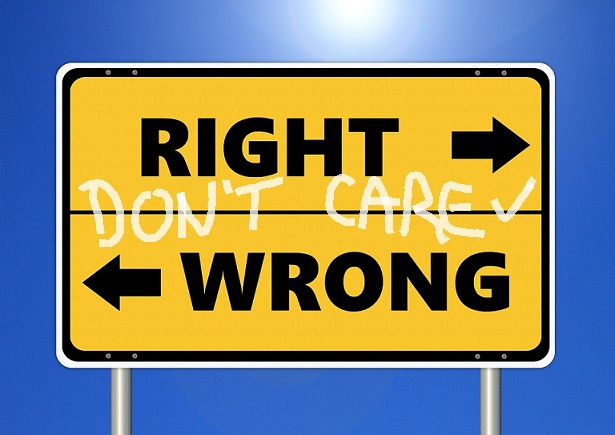 The Cambridge English Corpus recently collated 1 billion words of written English and 75 million words of spoken English. The language is more fruitful now than ever before, yet native English speakers have an increasingly poor use of grammar.
The Cambridge English Corpus recently collated 1 billion words of written English and 75 million words of spoken English. The language is more fruitful now than ever before, yet native English speakers have an increasingly poor use of grammar.
These are the findings of a recent linguistics study at the University of Nottingham. But does incorrect grammar indicate a lack of education or is it simply a move towards more informal usage and a natural development of the language?
Correct English grammar usage in decline
Professor Michael McCarthy from the Applied Linguistics department at the University of Nottingham says that there has been a “growth towards informality” in English usage over the past twenty years, with speech everywhere often flouting traditional English grammar rules.
From Parliament to BBC Radio, from royalty to television presenters, everyone seems to be relaxing in their speech – but how far is too far? Is it ever OK to use incorrect grammar? Or are we already limbo-ing too low under the grammar bar?
Professor McCarthy commented. “I have to say that in my years as a university lecturer I’ve seen weaknesses in spelling and grammar growing among students.”
Many mistakes ‘could of’ been made due to unclear speech
Phrases such as ‘could of’ instead of ‘could have’ can often be heard. In fact, this is perhaps one of the worst offenders of all. This phrase seems to be used by people hearing ‘could have’ in speech as ‘could’ve’ and assuming the ‘ve’ is actually the word ‘of‘.
This incorrect grammar usage is a problem for those who rarely read and so never see the words written down, only spoken with unclear pronunciation.
Common instances of incorrect grammar
The word ‘worse’ is often used instead of ‘worst’ and the phrase ‘use to’ is often used instead of ‘used to’. Again, these kind of grammar and vocabulary errors are made seemingly from taking unclear speech as a guide.
Other offenders to the English ear include filler words such as ‘like’ which peppers most teenagers’ speech. ‘Y’ know’ is another candidate for the title of ‘most used meaningless phrase’!
Although these do not use incorrect grammar, they are still nonsense phrases, which serve to increase the lack of clarity in speech – one of the reasons for incorrect grammar in the first place.
Of course, written English has many gems of incorrect grammar of its own. For example, the apostrophe has so many wrong uses in common circulation that a discussion of it could fill a book!
How can we protect English grammar?
The French are passionate about preserving their national language and the French language even has its own guardian in L’Académie Française.
So, is it time English had a similar panel of protectors to preserve the grammar rules that form our own noble tongue?
Should we try harder to preserve proper English – or should grammar rules be more relaxed?
Share your thoughts on proper grammar
Do you think there is a growth towards informality in English grammar?
Is incorrect grammar a bad thing or an acceptable form of relaxed speech?
What is the worst grammar mistake that you hear regularly?

I have noticed quite few changes in the use of the English language which do, I am sad to say, irritate me every time I hear them. When I was at school in the 1950’5 – 60’s, the majority of my fellow pupils spoke cockney English, however all the teachers would attempt to correct the children’s speech, which I am sure would have helped at least some of them to improve their prospects in life. As I was brought up by an English teacher mother I got badly bullied at school and quickly learned to mimic my cheeky cockney companions. As an adult I have learned to switch my accent when necessary. However, I still love language and am sad that dumbing down seems to be almost obligatory these days even among educators.
My pet annoyances are, (‘Different to’ instead of from) (‘So’ instead of ‘Well’ when starting to answer a question) (‘Good’ in reply to ‘How are you’) ( ‘Me and my friends’ instead of ‘My friends and I’ ) (‘Conversation’ instead of ‘discussion’) (‘Bug’ instead of ‘insect’) which even the LONDON ZOO is guilty of, and many more.
However I’m probably just an old fogy, but it’s nice to have a moan now and again!